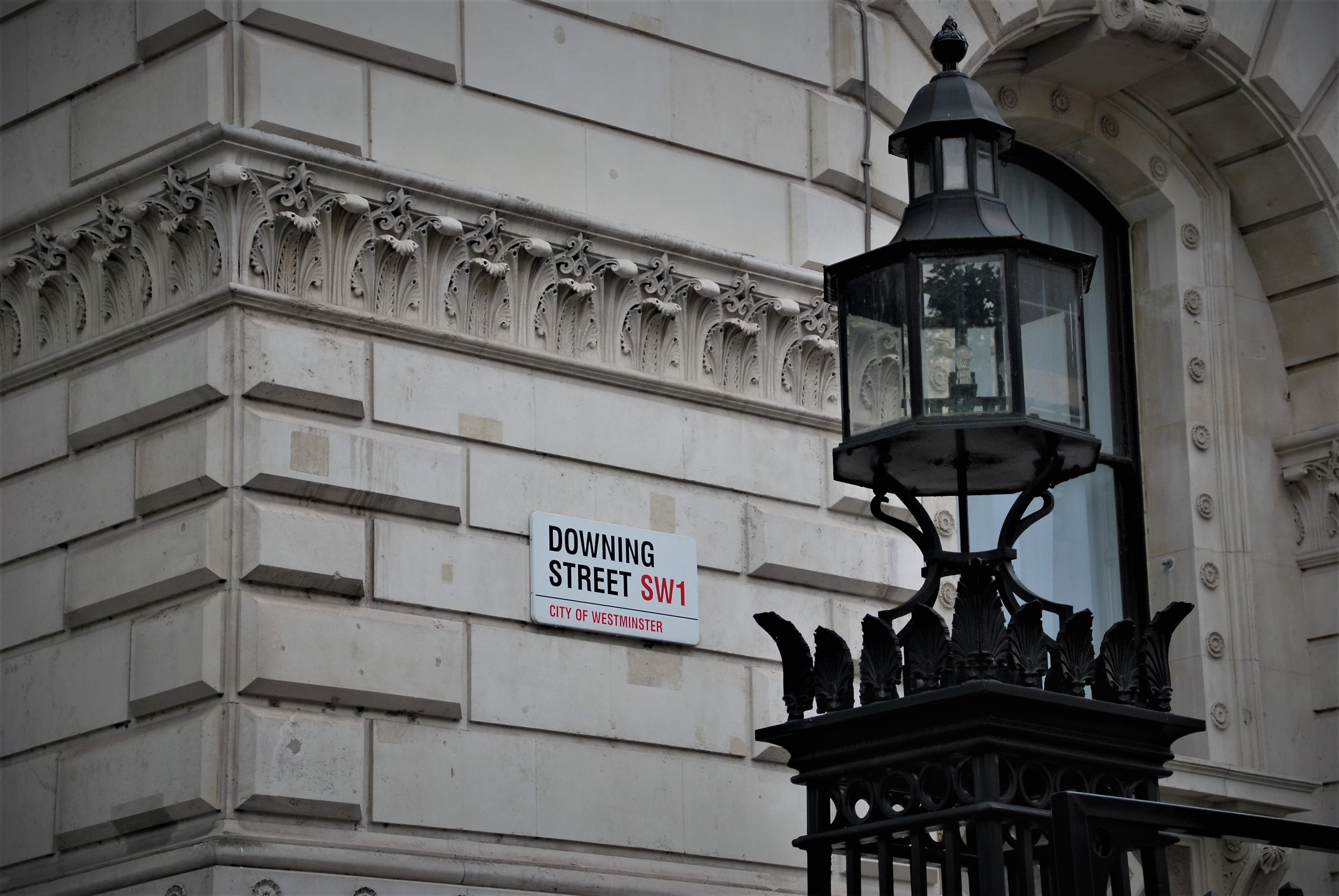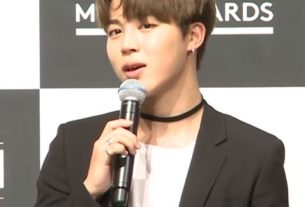And then there were ten. Last night saw the 10 candidates for the Conservative leadership officially confirmed following the closing of nominations, more than two weeks after the prime minister announced her resignation.
The first round of voting will take place on Thursday this week after a round of hustings, with candidates required to attain at least 16 votes from the Conservative colleagues to progress to the next round of voting.
This will likely see most of the candidates fall away, with the field of 10 representing only a handful of serious candidates with the backing to go all the way.
Amateur political commentators have made much lately out of the fact that Tory leadership battles almost always see an unexpected winner, with Cameron coming away the victor despite most expecting that David Davis would easily snatch the leadership.
However, this remains an amateurish analysis for a reason because the leadership races rarely observe a complete outsider claim victory. It is therefore easy to conclude that the likes of Mark Harper, Matt Hancock and Esther McVey will quickly fall by the wayside – unless by some magical negotiating with their colleagues.
After the first round of voting another will be held, where each candidate must receive at least 32 votes in order to progress to the subsequent stage.
This is where we will likely see some of the bigger names dropping out if they fail to secure coalitions of support amongst the parliamentary party. Cabinet ministers – particularly those who supported Remain – such as Jeremy Hunt and Sajid Javid could fall at this stage, whilst other MPs are likely to start throwing their backing behind the front runners.
It is possible that Remain-supporting Tory MP’s will coalesce around a remain candidate, hoping that they could send them into the final ballot and avoid a race to the bottom in who can have the most extreme Brexit policy.
The most likely of these is perhaps Rory Stewart due to his growing grassroots support in the party. His rambling around the country, talking to ordinary voters whilst regularly dropping policies has been neatly represented by his #RoryWalks campaign, which has captured the hearts of many moderates and non-Tory voters. This could convince many of those looking to stop an extreme Brexiteer from taking power that Rory is the right man to deliver Brexit, unite the party and recapture the centre ground voters that won David Cameron so many votes in 2010 and 2015.
However, Rory Stewarts head to head polling vs the major Brexiteers remains poor, and although it beats the likes of Javid and Hunt, could encourage more moderate candidates to back an established party name.

This leaves the harder Brexiteers: Boris Johnson, Dominic Raab, Andrea Leadsom and Michael Gove. It is hard to see a world in which Andrea Leadsom has the coalition of support of the other two, especially given her whimpering performance in the last leadership contest.
Although Leadsom’s resignation signalled the end of May’s leadership – her withdrawal in 2016 also started May’s reign of calamity – it is unlikely that she will be anywhere near the final two, likely to fall at either the first or second ballot.
Dominic Raab is in a similar boat. Seemingly extremely popular amongst the younger conservative members – though the reasons for this seem unclear – Raab is unlikely to be one of the real big hitters. Although having been out of government for some time he has likely built up a serious coalition of support amongst the parliamentary party. However, his threat to prorogue parliament to force through no deal will scare many MP’s who pride themselves on parliamentary procedure.
If rhetoric is to be believed (which you may believe at your peril) then the likes of Jacob Rees-Mogg and Christopher Chope cannot support a Raab premiership. This kind of idea would be similarly unpalatable amongst business leaders and Tory donors, who will likely have some sway on the election’s outcome. No deal is as unpalatable as ever amongst much of the business community and although polling shows increasing public support, a candidate whose only policy appears to be flouting parliamentary process to deliver no deal will probably not get very far.
Boris Johnson is likely to fly through the opening ballots and make it all the way to the final two, where he remains the most popular candidate amongst the Conservative membership. After being kicked out of the cabinet almost a year ago, Johnson has had plenty of time to dry his powder and build coalitions.
It has been no secret that Johnson has wanted the UK’s top political job for some time, and it seems as though finally he might get it. His not-so-quiet courting of the Downing Street keys is perhaps an advantage, allowing him to almost actively campaign for the past year, rather than muddy himself with the sinking ship that was Theresa May’s withdrawal agreement. This makes him the favourite option amongst most hard Brexiteers, with many also believing his bumbling buffoon character, cultivated as London mayor will help the Tory’s win a general election.
However, Boris is no longer the Mayor of London and his tacking to the right might alarm much of the parliamentary party, who will try and prevent him from making the final two. His alignment with the alt-right Steve Bannon – former Breitbart news executive chairman and Donald Trump campaign manager.
Likening Muslim women to ‘letterboxes’ and suggesting that Africa would be better off led by white colonisers may not particularly alarm many Brexiteers, but it is the sort of racist and divisive speech that many Britons won’t forget. This could make him a poor candidate to face a general election and cause much of the parliamentary party to block his path to power.
That leaves Michael Gove as the biggest potential Leave challenger to Johnson’s leadership. Gove, once hated by teachers and doctors alike has transformed himself over the last few years as the competent member of the cabinet. Quietly plodding along as environment secretary, Gove has had a string of policy successes that surely stand him in good and steady ground amongst the parliamentary party.
This should help him get through the first few ballots, unless his cocaine scandal brings him down. Gove has committed extreme hypocrisy by sponsoring extreme measures on drug users, whilst now admitting to using the same class A drug several times as a young journalist. Although drug use amongst the middle class is nothing new – just look at the ongoing race amongst the candidates to admit to drug use – it shows rank hypocrisy when those same leaders expect forgiveness when sponsoring the incarceration of thousands for the same offence.
More than 15% of the UK prison population are incarcerated for drug related offences, whilst countless others committed their crimes in the service of addiction, or while under influence. If Gove were to support a less archaic policy on drugs this scandal would perhaps mean less, and if he gets through unscathed, he could be a major challenger. As one of the few candidates to announce serious policies – such as the scrapping of VAT – he is likely to gain some support amongst the more engaged Tory members. Whilst his more moderate approach to Brexit negotiations could make him the most likely anti-Boris candidate.
Whilst business leaders – who prop up the party’s funding infrastructure – are likely to favour his seemingly more well-thought-out economic policies ahead of Johnson’s brash no deal politic. If he survives the scandal, he may be the most serious non-Boris contender.
It is incredibly likely that Boris Johnson will make the final two and if he does so, polling indicated the membership will anoint him as our next PM.
However, as the candidates begin to fall on Thursday the election will be decided by reallocating these preferences. If the remain wing of the party coalesce around any one of Stewart, Javid or Hunt then they will likely make the final two.
Equally, if Gove manages to present himself as the anti-Boris candidate then he has a solid chance of making it. The most likely next PM therefore remains Boris Johnson, but if the anti-Boris sentiment remains strong then the likely beneficiaries are Gove and the remain supporting Cabinet ministers. We can almost certainly expect one of these as our next PM.*Or maybe not, Mark Harper is an Oxford PPE graduate after all.
_________________________________________________________________________
Calum Paton is a History and Politics student at the University of Warwick. His writing focuses on American and British politics. Twitter: @Paton_Calum




